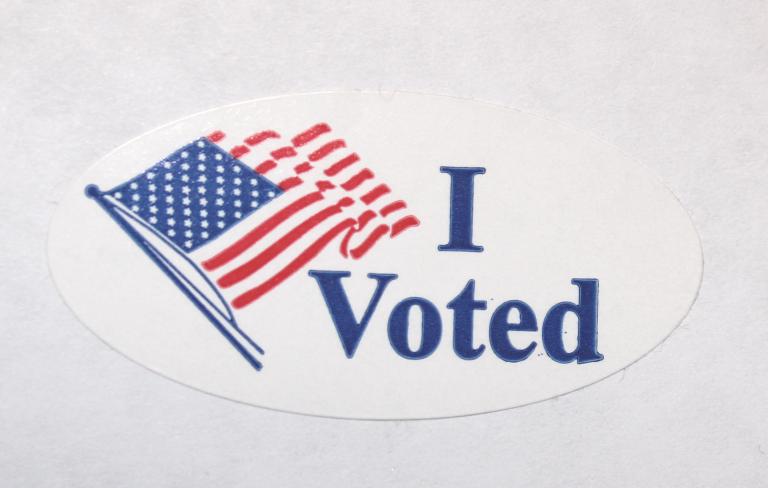
Vote or don’t vote, everyone has a right to complain about how they are governed.
I get the nice feeling of shaming folks for not being politically active. But why does this old nugget—if you didn’t vote, you don’t get to complain—get limited to voting as the decisive vehicle for speaking into political realities?
- If you don’t protest the war, you can’t feel sad when people die in war?
- If you didn’t vote in your local school board elections, you can’t be upset when the teaching your child receives is inadequate?
- If you don’t own property, and therefore pay property taxes, you don’t have a right to complain about property taxes being used for a new stadium?
- If you don’t vote, you don’t get pushed into the “them” category. Republicans often don’t listen to Democrats. And vice versa. When you are a principled nonvoter, folks get irritated with you, but they don’t think of you as the enemy. And it allows you to have deeper conversations about politics. For real. It is something I miss about being a principled nonvoter.
- I saw the energy going into party politics as a big relief valve. Generally speaking, folks who vote tend to think they can effect change. And, generally speaking, we all overestimate the weight of our voices and choices. I saw the way the anti-war movement lost momentum after Obama’s election. There is a very real sense in which voting can be a way of avoiding responsibility rather than taking responsibility, since voting isn’t the only (or even most effective) way of bringing change.
- I saw voting as an act of complicity. As George Carlin said: “I firmly believe that if you vote, you have no right to complain. Now, some people like to twist that around. They say, ‘If you don’t vote, you have no right to complain’, but where’s the logic in that? If you vote, and you elect dishonest, incompetent politicians, and they get into office and screw everything up, you are responsible for what they have done. You voted them in. You caused the problem. You have no right to complain.”
Why, then, do I vote now? Because #3 is a bogus argument (as bogus as the argument that provoked this article). Because #2 isn’t enough of a reason, in and of itself, not to vote. I have the freedom and privilege to be able to advocate for a candidate AND work for change in other ways. I don’t put much hope in voting (at least at the federal level), but I recognize its strategic values. Because #1 no longer works for me; I’m already known as so far to the left, that my republican friends avoid talking to me about issues.
But more important than understanding why people may not vote, it is important to affirm…and fight for…the conviction that everyone has a right to use their voice to criticize their government. That is, after all, why so many people vote. If someone DOESN’T vote, are you really advocating that they shouldn’t speak against injustice? That’s like saying the only appropriate place to speak into politics is by voting.















